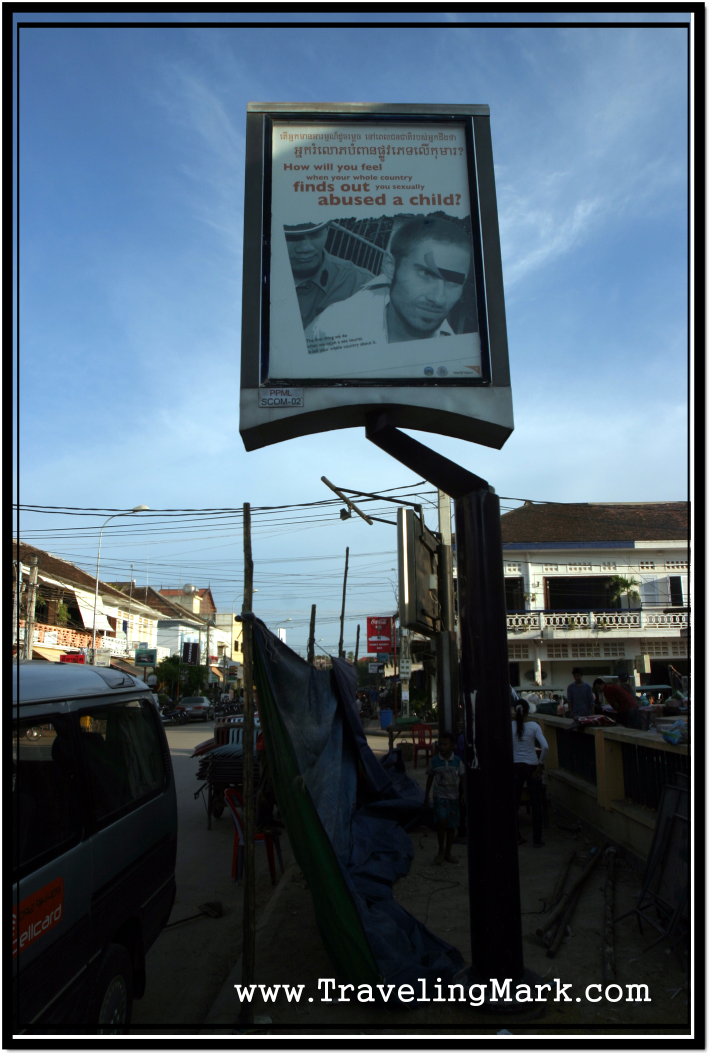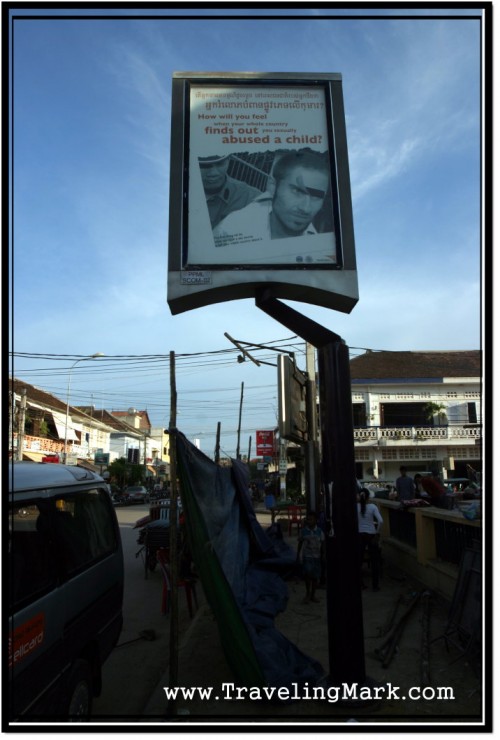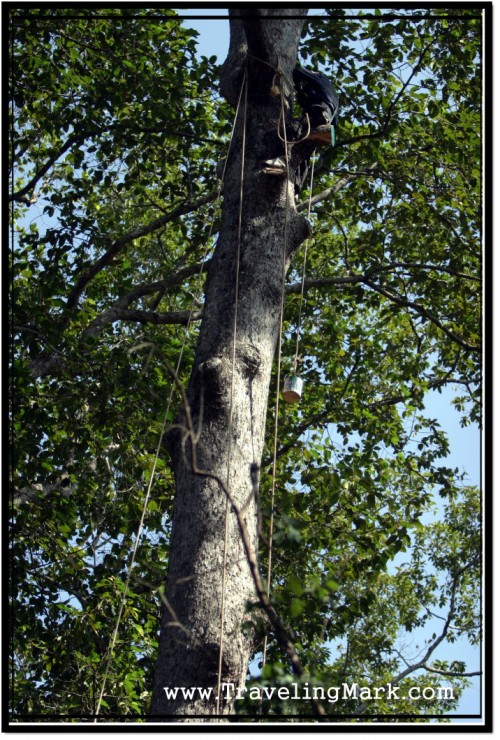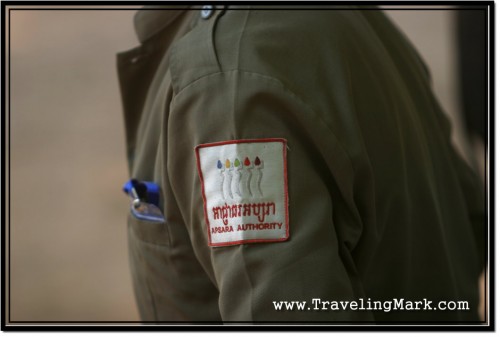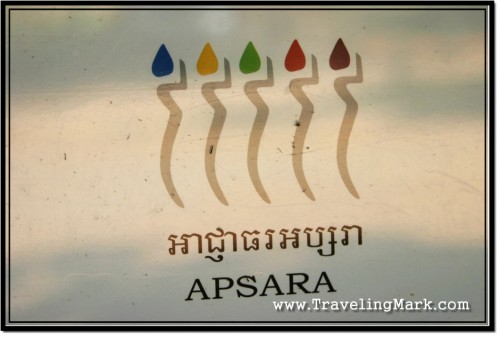One of the more disturbing villains in World War II spy movies is the image of the Nazi Gestapo agent. He moves through the train clad in a black leather trench coat demanding “papers, papers, you have papers?” Today’s air traveler passing through the terminal’s security checkpoint encounters the unsmiling TSA Agent who also asks: “papers, can I see your papers please?” Black clothed Customs and Border Patrol agents (CBP) are close by to take custody of fugitives, illegal aliens or potential terrorists. We know where airport and air travel security took us, but what will it become in the future?

I had a very interesting conversation with a man who works as a compliance officer for a company providing security services to international airlines at George Bush Intercontinental Airport (IAH) in Houston, Texas. Let me share with you what an expert in the field of private security thinks the future of airport security and air travel holds for us. Needless to say, much of the analysis provided focuses on the United States in particular, but this could very easily be the trend that the rest of the world will adopt:
Air Travel: A Synonym to Jail Bait
Ten years ago most airport security protocols were voluntary. If you didn’t want to submit to them you could choose not to fly. Refusing a security scan today can result in temporary arrest and serious fines. TSA Security Agents have replaced private security companies at the checkpoints. Metal detectors have been replaced by full body scanners. And as if that wasn’t enough – the requirements of airport security have now been extended to bus, rail and marine terminals.
Future travelers will simply walk through security portals hoping the unsmiling security officer doesn’t arrest them on the spot. It’s a dark world that awaits travelers based on increasing use of technology; a widening range of security threats; and a government more than willing to trade individual rights for national security. The trends are clear and the direction they are taking looks pretty bleak.
Airport Security of the Near Future
You can expect to see the transportation security net tighten in the next few years. New technology is constantly appearing as are new threats to national security. Transportation hubs are the choke points where these threats can be removed from the system. Two new advances in technology can be expected in the next four years (by 2015). Facial recognition software will be added to terminal security cameras. This will pull more fugitives and “no fly list” suspects out of the system before they reach the checkpoints. Manual operation of full body scanners will be taken over by computer algorithms due to privacy concerns. This means that most, if not all passengers will be subjected to full body scanners. You can also expect to see more use of psychological profiling. The TSA already has agents trained to spot potential problem travelers based on these profiles. Those techniques will be refined and their use expanded.
You can expect the TSA (Transportation Security Administration) to take an increased role as a sister agency to the CBP (Customs and Border Patrol) rather than the secondary role they now play. In effect, the TSA will become a sort of “internal border patrol.” Oddly enough, the Federal Government is now looking to push transportation security duties, and their costs, downward to state, local and private entities. An increasing share of the day to day workload will be performed by private contractors.
Airport Security of the Next Few Decades
By 2021, the security net will tighten even further. Standardized ID cards tied to more sophisticated government computers will permit better tracking, and clearance, of travelers. Links between government computers will make those checks much more detailed. You say you are flying from Pittsburgh to Houston? Those traffic tickets in LA will finally check up with you. Make sure your child support payments are up to date too! Automated check-in systems combined with less obtrusive scanning will also make the traveler feel less like a bug under a microscope. Improved scanner technology will finally allow airlines to meet the requirement of 100% inspection of baggage and air cargo.
By 2031, the security net will have spread wider. A national ID card as well as the scanners to read those cards at a distance will have been implemented. Fears of a worldwide pandemic will result in new scanners that screen for medical data as well as hidden weapons. Travelers will receive automated medical screening they most likely could not afford on their regular medical plans. This can lead to some interesting results and business possibilities:
“Good morning madam, just back from your honeymoon? Our scanners detected it was everything you hoped for. Congratulations, you’re pregnant! For a small fee we can give you a copy of the printout. Our premium service can even tell you the sex of your first child!”
The downside to the widening net will be increased arrest powers granted to private security contractors. This is a trend already well under way today. It should see its heights when private security officers are required to make “citizens arrests” of anyone violating Federal security rules.
The greatest challenge in 2031 will be integrating America’s new territories into the system. The problems of our porous southern border; combined with the collapse of the Mexican government to the drug cartels; will have lead to the Second Mexican American War. The CBP, TSA and private contractors will have to set up shops as the military pulls out. So many threats and so many challenges will await transportation security in our future 51st state.
Airport Security of the Future – Conclusion
I’m hoping for MagLev trains transportation to replace air travel soon. Unfortunately, this fast, environmentally friendly method of transportation would long have been used if it didn’t threaten the larger than life lifestyle of oil rig operators with pockets so full of cash, they can afford to lobby anyone into keeping us dependent on gasoline powered travel. Still, no matter what the future of transport holds for us, the next few decades will make it more and more frustrating as the security screening tightens and starts getting under everyone’s skin. The threat of risking a fine or jail time each time you decide to fly will be one of the main concerns. And as the airport security gets more sophisticated and starts collecting data about you without you even knowing, then perhaps the time will come when people turn to nature and give long distance travel a temporary pass.
